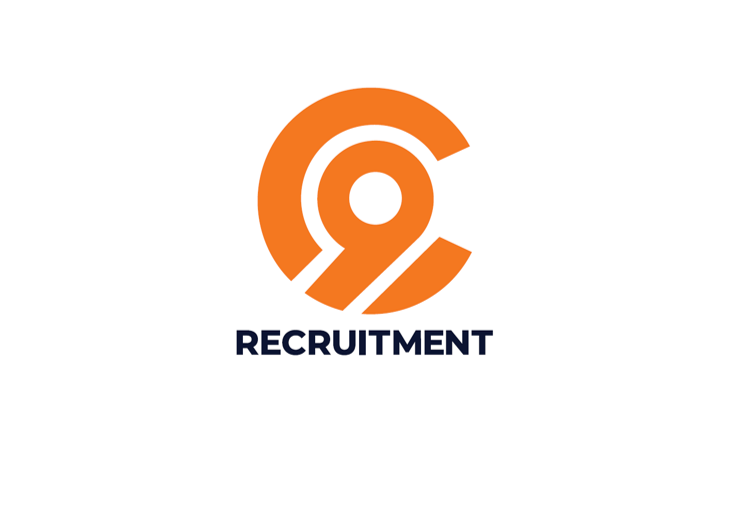In the coach and bus industry, ensuring a reliable and compliant workforce is essential for maintaining smooth operations and meeting regulatory requirements. However, operators must be aware of the potential risks when choosing between employing agency drivers paid via PAYE or umbrella schemes and hiring freelance limited company drivers. While both models have their own financial and operational considerations, the compliance risks associated with using self-employed or limited company drivers could have serious consequences for operators.
Understanding the Difference: PAYE/Umbrella vs Freelance Limited
PAYE and Umbrella Agency Drivers
Drivers employed through a reputable agency on a PAYE (Pay As You Earn) basis or via an umbrella company are treated as employees for tax purposes. This means:
- Income tax and National Insurance contributions (NICs) are deducted at source, ensuring compliance with HMRC regulations
- Holiday pay, sick pay, and pension contributions are provided, offering security and stability for drivers
- Operators reduce their risk of misclassification, as the agency takes responsibility for ensuring compliance with employment laws.
When drivers work through an umbrella company, they remain employed under the umbrella firm’s PAYE scheme, with the same tax deductions applied. This model still provides legal protection and ensures contributions are paid correctly.
Not All Agencies Are as They Appear
While working with a recruitment agency can be an effective way to support operational demands, operators must ensure the agency and the associated Umbrella company they partner with are fully compliant. Unfortunately, not all agencies operate transparently — some act as a front for limited company drivers or engage in tax avoidance schemes through umbrella companies.
- Some agencies push drivers into self-employment arrangements disguised as compliant payroll models
- Others use offshore or tax avoidance schemes, leading to serious legal and financial risks for operators
- A number of non-compliant Umbrella Companies manipulate payroll systems, avoiding proper tax deductions and leaving both drivers and operators exposed.
To ensure compliance, operators should undertake detailed due diligence on the agencies and their Associated Umbrella Companies before the start of the engagement.
Beware of Umbrella Companies Processing Illegitimate Non-Taxable Expenses
While many umbrella companies operate within legal guidelines, some engage in non-compliant payroll practices that put both operators and drivers at risk. A particular area of concern is the Processing of illegitimate non-taxable expenses to artificially increase take-home pay and reduce tax liabilities.
Common tactics used by non-compliant umbrella companies include:
- Incorrectly processing travel and subsistence expenses – Drivers may be misled into believing they can claim tax-free expenses for commuting to their regular workplace, which is not allowed under HMRC rules
- Manipulating payslips – A portion of the driver’s wage is disguised as a tax-free expense reimbursement, lowering their declared taxable income and reducing tax and NICs. This can constitute tax evasion, which is a criminal offence
- Operating offshore schemes – Some umbrella companies route payments through offshore structures to avoid tax, leaving drivers vulnerable to HMRC investigations and enforcement
- Paying expenses – Providing drivers with non-taxable “expense allowances” without requiring receipts or proof of costs.
The Risks for Operators and Drivers
These schemes pose serious legal and financial dangers:
- HMRC Crackdowns – If an umbrella company is found to be operating a tax avoidance/evasion scheme, HMRC have a number of civil and criminal powers. This can lead to repayment of unpaid tax and further financial penalties /costs and also lead to prosecution which can affect the agency, drivers and operators
- Operator Liability – If an operator knowingly or unknowingly engages an agency using non-compliant payroll schemes, they may be exposed to criminal liability, for failing to prevent the facilitation of tax evasion
- Loss of Employee Rights – Many of these arrangements are designed to reduce costs for the umbrella company, often at the expense of the driver. This can result in lost holiday pay, pension contributions, and statutory benefits
- Reputational Damage – Operators found to be working with non-compliant agencies may suffer serious damage to their reputation
- Traffic Commissioner Intervention – If an operator is involved in illegitimate payroll practices, it could lead to intervention by the Traffic Commissioner, including being called to a Public Inquiry where their operator licence is at risk.
How to Stay Compliant
To avoid these risks, operators should:
- Check driver payslips to ensure tax and NICs are properly deducted and that no portion of wages is being disguised as a tax-free expense
- Work only with reputable umbrella companies
- Avoid “too good to be true” pay offers – If an umbrella company promises significantly higher take-home pay through reduced tax liabilities, it is likely a tax avoidance scheme
- Request full payroll transparency from agencies, ensuring all payments are made in compliance with UK tax laws
- Report any suspicious activity to HMRC’s tax avoidance hotline
- Complete regular audits with the Agency and Umbrella company
Freelance Limited Company Drivers
Some drivers operate as freelancers through their own limited companies, invoicing operators for their services. While this model may seem cost-effective on the surface, it carries significant legal and compliance risks:
- Drivers may fall within IR35 legislation, meaning HMRC could classify them as employees rather than self-employed contractors, resulting in backdated tax and NIC liabilities for the operator
- Operators could be found in breach of employment and tax laws if HMRC deems the working relationship to be one of disguised employment rather than genuine self-employment
- In some cases, operators may be investigated for failing to prevent the facilitation of tax evasion, potentially facing criminal prosecution
- No employer protections, such as holiday pay or sick leave, apply to limited company drivers, leading to potential driver dissatisfaction and retention challenges.
How Operators Can Manage Compliance
To protect their businesses and ensure full compliance, coach and bus operators should:
- Review Their Workforce Model – Ensure that all drivers are engaged under the correct employment status, either directly or through a fully compliant agency or Umbrella company
- Avoid the Risks of Self-Employed Drivers – Unless drivers meet the strict criteria for genuine self-employment, operators should re-consider using limited company drivers
- Work With Compliant Recruitment Agencies – Partnering with a reputable agency that employs PAYE or umbrella drivers ensures all tax and employment obligations are met
- Seek Expert Advice – Regularly consult with tax legal specialists to stay ahead of any legislative changes and avoid costly compliance issues.
C9 Recruitment: A Compliant Agency Making a Difference
At C9 Recruitment, we take compliance seriously. As a specialist staffing provider for the coach and bus industry, we ensure that all our drivers are engaged under PAYE or compliant umbrella schemes. This not only protects operators from legal and financial risks but also ensures drivers receive fair treatment and the benefits they deserve.
By choosing C9 Recruitment, you are working with an agency that prioritises industry standards, regulatory compliance, and ethical employment practices. If you’re looking for a reliable workforce solution without the risks associated with freelance limited company drivers, non-compliant umbrella schemes, or unscrupulous agencies, get in touch with us today.
Weightmans LLP
This article has been authored in partnership with Elliott Kenton from Weightmans LLP. Weightmans is a full service law firm providing advice and representation to operators across the transport and logistics sector and provides commercial, employment, regulatory and real estate advice/support.
Elliott Kenton is a Partner in the Regulatory team, specialising in financial crime including tax evasion, health and safety and transport regulatory matters before the Traffic Commissioners for operators. He is a regulatory risk specialist, and provides advisory and compliance led services, including compliance reviews, legal training, and undertaking internal investigations for clients involved in incidents arising from their operations.
Contact C9 Recruitment:
Phone: 020 8152 4574
Email: commercial@C9-recruitment.com
Website: www.c9-recruitment.com
Contact Weightmans LLP:
Elliott Kenton
Partner
Elliott.kenton@weightmans.com



























